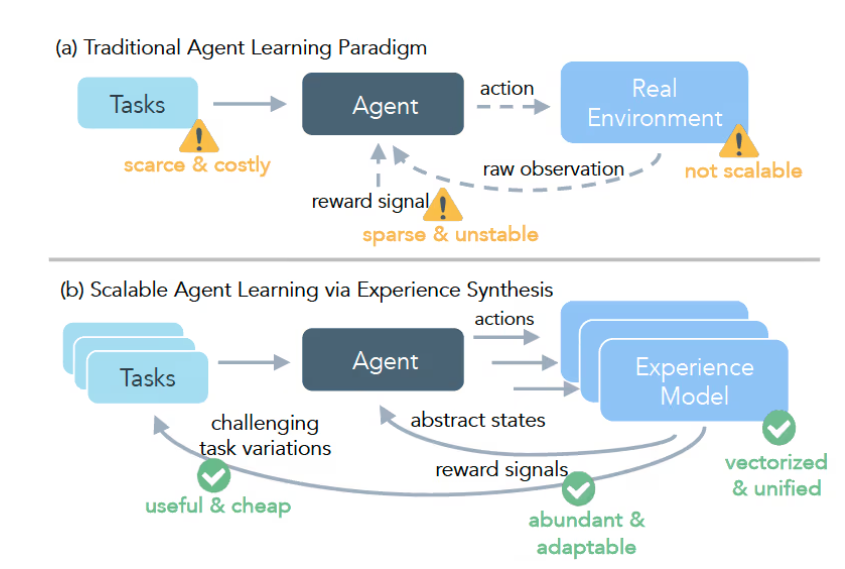Researchers from Meta FAIR, the University of California, Berkeley, and New York University have jointly introduced a groundbreaking technology known as Thought Preference Optimization (TPO). This innovation aims to enhance the response quality of Large Language Models (LLM) when processing instructions. Unlike traditional models that focus solely on the final answer, TPO allows the model to engage in internal thought and reflection before providing the final response, thereby generating more accurate and coherent answers.

The core of the TPO technology is an improved version of the Chain of Thought (CoT) reasoning method. This method encourages the model to "think before answering" during training, helping it to construct a more structured internal thought process before providing the final answer. Traditional CoT prompts can sometimes lead to reduced accuracy and are challenging to train due to the lack of explicit thinking steps. TPO overcomes these challenges by optimizing and simplifying the model's thought process without exposing intermediate steps to the user.
During the TPO training process, the Large Language Model is first prompted to generate multiple thoughts before consolidating them into a final response. These outputs are then evaluated by a "judge" model to select the best and worst responses. These evaluation results are used as "selection" and "rejection" pairs for Direct Preference Optimization (DPO), continuously improving the model's response quality.
By adjusting training prompts, TPO encourages the model to engage in internal thought before answering. This process guides the model to optimize its responses, making them clearer and more relevant. Ultimately, the evaluation is done by a judge model based on LLM, which scores only the final answers, helping to improve response quality independently of the hidden thought steps. TPO also utilizes Direct Preference Optimization to create preference and rejection pairs that include hidden thoughts, refining the model's internal processes through multiple rounds of training.
In benchmark tests against AlpacaEval and Arena-Hard, the TPO method outperformed traditional response baselines and was more effective than the "thought prompting" Llama-3-8B-Instruct model. This iterative training optimized the thought generation capability, ultimately surpassing several baseline models. Notably, TPO is not only applicable to logical and mathematical tasks but also excels in creative fields such as marketing and health, where it performs well in instruction-following tasks.
AI and robotics expert Karan Verma expressed his excitement about the concept of "thinking LLMs" on social platform X, looking forward to the potential of this innovation in medical applications, hoping it can bring better treatment outcomes for patients.
This structured internal thought process enables the model to more effectively handle complex instructions, further expanding its application in areas requiring multi-level reasoning and detailed understanding, without the need for human-provided specific thought data. This research suggests that TPO could make Large Language Models more flexible and efficient in diverse contexts, suitable for fields that demand high flexibility and depth in response generation.










